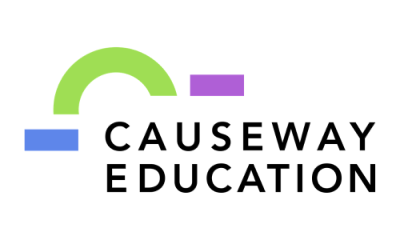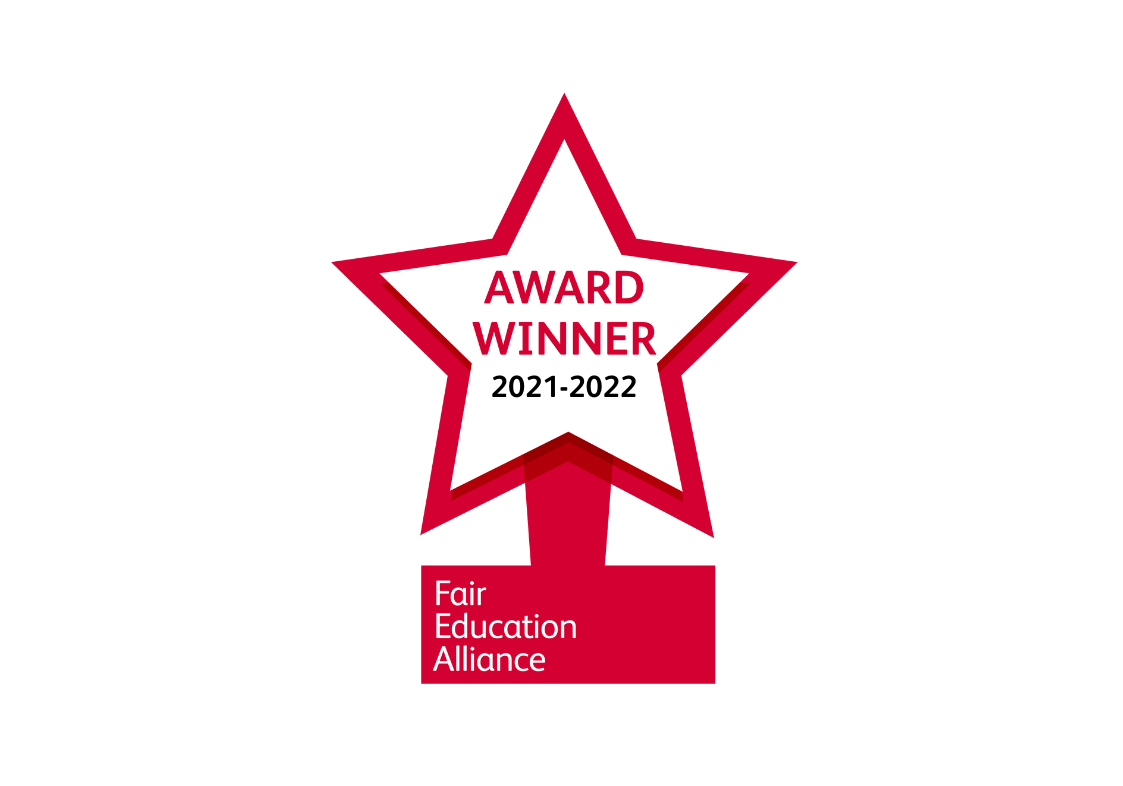Post-Qualification Admissions: How do we get it right in practice?
/Post-Qualification Admissions (PQA) has a lot to recommend it, but it demands fundamental change in support structures for students, not just shifting the applications timeline, writes Causeway CEO Sam Holmes.
PQA is back on the agenda. A flurry of recent announcements, from the DfE, UCAS, Universities UK, and a research paper from the Sutton Trust, have all nodded broadly in the same direction. In the coming months you’ll hear a lot about the reliance on flawed predicted grades in our current system, the rise in unconditional offers and particular concerns for high-attaining disadvantaged students. What you’ll hear less of are detailed proposals for how teachers will be supported to make any changes in the application process work in practice.
PQA could be transformative, but it could also end up being a disaster. We need to get this right and, as always, the devil will be in the detail. There are three vital questions we need to be asking now, to help steer us towards a system which delivers on the bold promises being made.
1. What is the support infrastructure necessary to facilitate a PQA system?
Let’s be clear, PQA cannot be seen as simply a change to the UCAS process, ignoring the monumental demands it will place on schools and colleges. It will require a new infrastructure of support for students and this absolutely cannot be an afterthought. When key elements of the admissions process get pushed outside of term time, a watertight plan will be needed for how students’ needs can be met.
Let’s look at what currently happens. In fact, let’s look at what currently does not happen. By and large, students do not spontaneously access the information they need, make firm choices and independently launch themselves into writing well-targeted applications. They need a lot of help. A LOT. Parents and carers are usually key, university outreach initiatives may play an important role, but the onus is on schools and colleges to get students through the process. Careers weeks, assemblies and interviews with careers advisors are only a part of this. Vitally important is the day-in-day-out prodding and cajoling from form tutors, guidance staff and subject teachers which propels students, sometimes kicking and screaming, through the process. Every Head of 6th Form has their story about that group of Year 13s frog marched into a classroom on January 15th to finally complete their UCAS form. What does that final stage of the application process look like if it’s during the holidays? If you want to know what happens when the most disadvantaged students are left to navigate vital stages of their education without in-person support from their teachers, cast your mind back a few months.
Post-Qualification Offers pose fewer risks here than Post-Qualification Applications, but both systems create a support void which needs to be filled. Who are we expecting to fill this? If it’s teachers, then let’s be explicit (if it isn’t, then that’s truly a step into the unknown). How will that support be funded and delivered? How will students be able (and sometimes be made) to access it? What’s the plan for ensuring the students we’re most worried about don’t fall through the gaps? The answer is less likely to involve flashy events or external schemes, and more likely to centre on persistent hard work from staff who know the students well.
2. What should be included in a fair and effective application process?
I’m excited by the possibility that PQA could take us away from inaccurate predicted grades and the inequalities they can amplify. That would certainly make the attainment component of admissions fairer. However, attainment is still heavily skewed by structural disadvantage and contextual admissions, where they exist, are not currently ambitious enough to fully make up for this. Even if they were, attainment is not necessarily enough on its own to make effective admissions decisions. Skills and qualities not captured by exams scores may be key, while many courses will have far more applicants with the required grades than places available. So, what do we do?
Additional admissions requirements look set to remain. While necessary in many cases, hurdles like interviews and tests place an extra support burden on schools and colleges which shouldn’t be overlooked. In our experience, it’s rare that a state school or college is able to have specialised support in place even for widely used tests like the LNAT and UCAT, for less common ones like the Oriental Languages Aptitude Test at Oxford, it’s pretty much unheard of. At the other end of the spectrum are elite private schools employing staff specifically to prepare students for these tests.
Personal statements are a different story. Although they have been criticised as an extra hurdle for disadvantaged students, there are a number of reasons not to dismiss them so quickly.
Firstly, research suggests the playing field is easier to level than you might imagine. Although a Sutton Trust report showed that private school students tend to draw on more prestigious experiences, a follow-up study revealed this is not necessarily decisive. Admissions tutors are more interested in how students reflect on experiences or reading than what they’ve been lucky enough to access. Pointing students towards accessible reading and giving them the right questions to prompt reflection, can help them outshine privileged peers with apparently impressive placements and opportunities. Our OSCAR platform does exactly that, and it’s a free resource for all state schools and colleges which is already transforming practice and outcomes.
Secondly, finding some reading that grabs your interest is a great way of working out what you really want to study. We find about 10% of students change their course choice whilst going through this more engaged writing process. Exploration, choices and applications do not always happen in that neat order, and good personal statement writing can contribute to all three.
Thirdly, the personal statement is a familiar and manageable format for schools and colleges, and the support they offer to students is getting better. The teachers we train now are better informed than they were five years ago about the need for academic content and the smaller role for extra-curricular activities. Unlike for interviews and individual tests, they have systems in place for supporting their whole cohort through the process. There’s room for improvement but things are heading in the right direction. If we switch to something completely different, there are no prizes for guessing which schools will adapt quickest and master the new system – the same elite institutions who had the resources to adapt quickest to teaching under lockdown. At the same time, the progress many state schools and colleges have been making will be wasted.
3. Who wins and who loses?
There’s no doubt that high-attaining disadvantaged students are being let down by the predicted grades system. But there are also a lot of other potential problems currently held at bay by the hard work of teachers and guidance staff. Think about those last chance saloon UCAS sessions held on January 15th: they’re far more likely to be populated by middle and lower attainers. We need to consider their needs too. As with almost all debates in Widening Participation, there’s a strong gravitational pull towards the “getting more high-attaining disadvantaged students into Russell Group universities” end of the spectrum. There are many other types of students and institutions we need to be thinking about, and the system has to work for all of them. In overly focusing on one or two of the barriers in the system, we may lose sight of many others. We need to keep asking ourselves which particular students we actually have in mind when assessing apparently universal pros and cons.
PQA could be an incredibly positive step, but this largely depends on how it is implemented. In one possible future I picture school and college triage systems completely overloaded as all students suddenly need support with every element of the process in the same short window. In another version, I see a whole new structure of support with properly trained staff operating a well-planned and funded programme to meet the needs of all students. Which future comes to pass depends on what steps we take right now: let's start by making sure we're asking the right questions.






